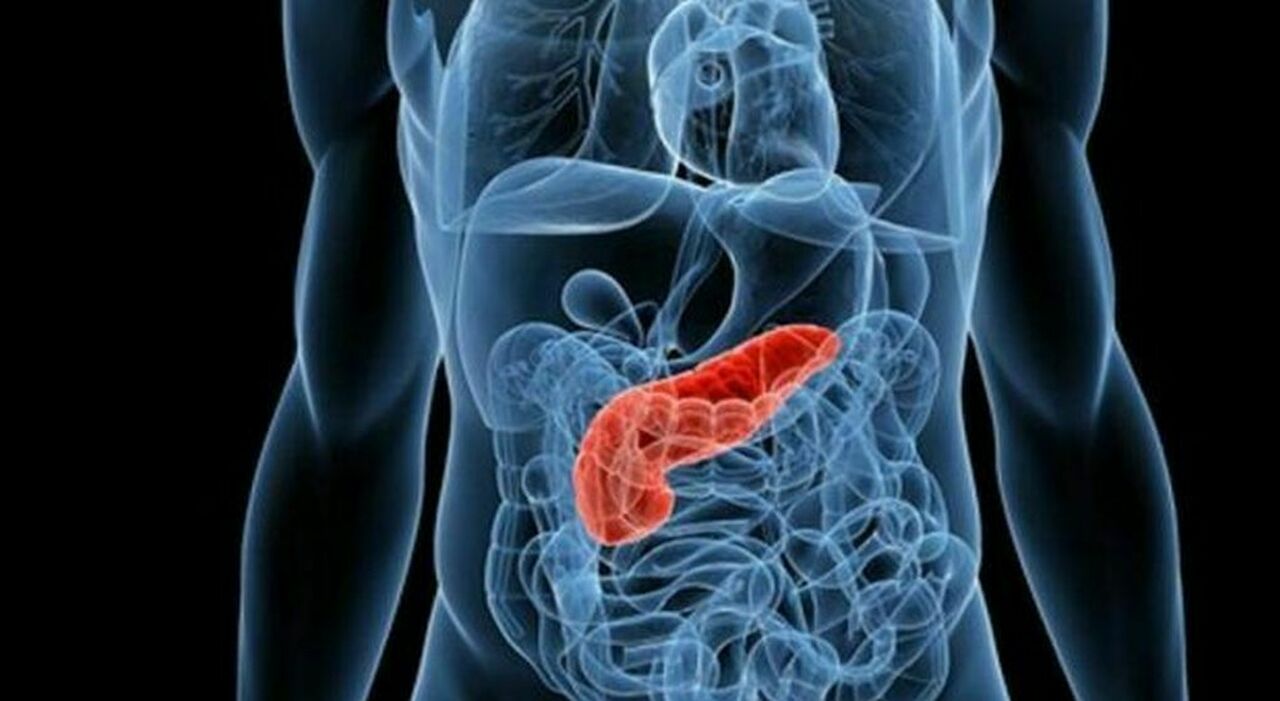More progress in the fight against cancer. A new drug against metastatic pancreatic cancer, which uses nanotechnology to hit the target, has been authorized for reimbursement by the Italian Medicines Agency (Aifa), giving excellent results in terms of survival and quality of life. It is known by the acronym Nal-IRI and only a few days ago, on February 13, the US drug agency (FDA) also approved it as a first-line treatment in adults suffering from metastatic pancreatic adenocarcinoma on the basis of the results of the study phase III Naples-3.
INSIGHTS
The drug
Nal-IRI (pegylated liposomal irinotecan) is administered in association with 5-FU/LV (5-fluorouracil and leucovorin) therapy. Its effectiveness was demonstrated by the pivotal phase III Napoli-1 study, which documented a decisive improvement in survival statistics from 4.2 to 6.1 months, with a reduction in the risk of death of 33%.
Romano Danesi, professor of Pharmacology at the University of Milan, explains: «Due to its poor vascularization, this neoplasm is characterized by the limited quantity of drug that manages to reach the tumor cells». Precisely to circumvent this limitation, Nal-IRI, which has been granted the status of orphan drug (which is generally recognized for those for rare diseases), exploits the technology of liposomal nanoparticles: the active ingredient (irinotecan) is conveyed through very small lipid vesicles that accumulate preferentially in the cells of the tumor tissue, releasing the drug there and blocking its replication.
Pancreatic cancer
Pancreatic cancer is one of the most difficult cancers to diagnose and has a 5-year survival of 11% in men and 12% in women. According to the most recent data, an estimated 15,000 new diagnoses were estimated in Italy in 2022, of which approximately half were in the metastatic phase. It is the only tumor of the gastrointestinal tract that has not seen improvements in survival in 40 years. This drug represents a valuable innovation for the treatment of this type of tumor.
© ALL RIGHTS RESERVED
